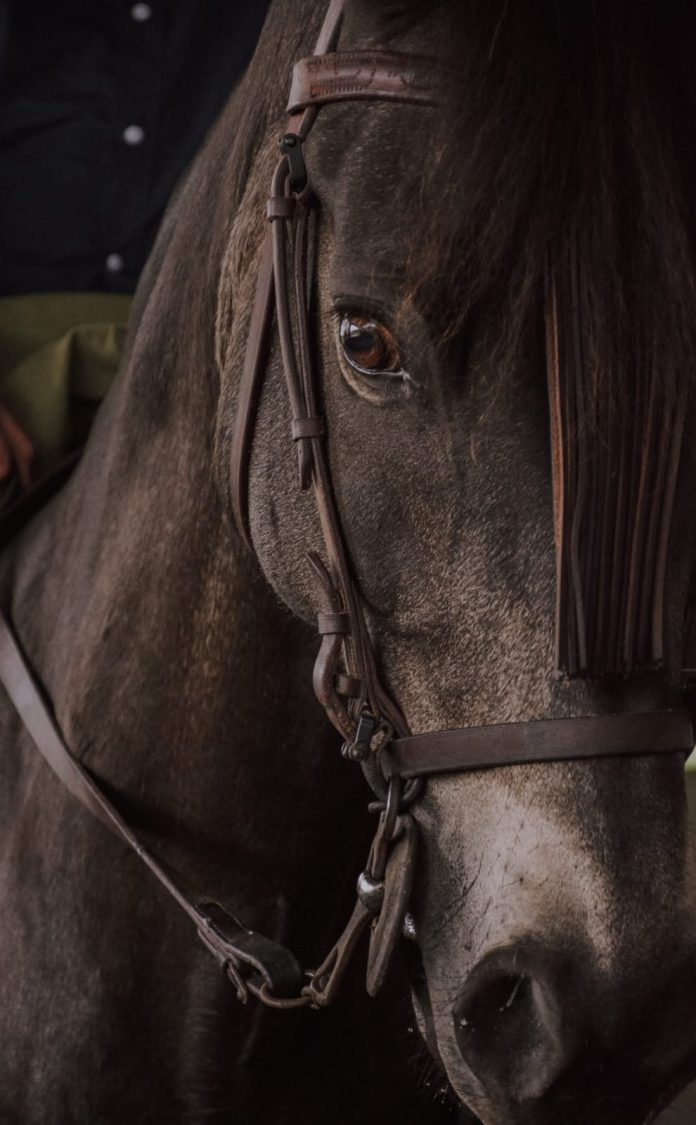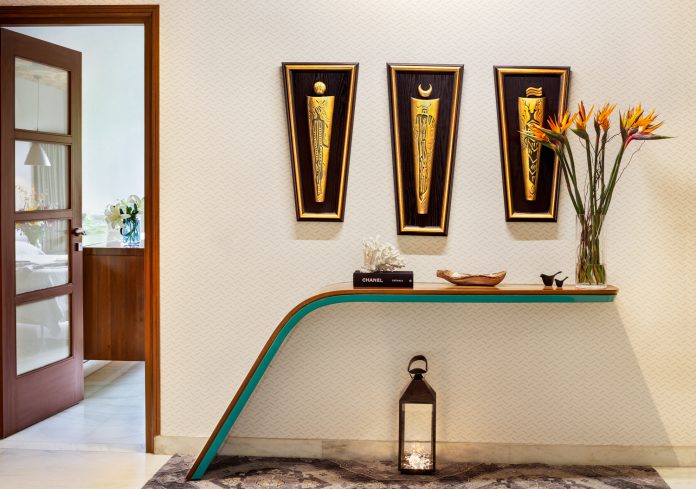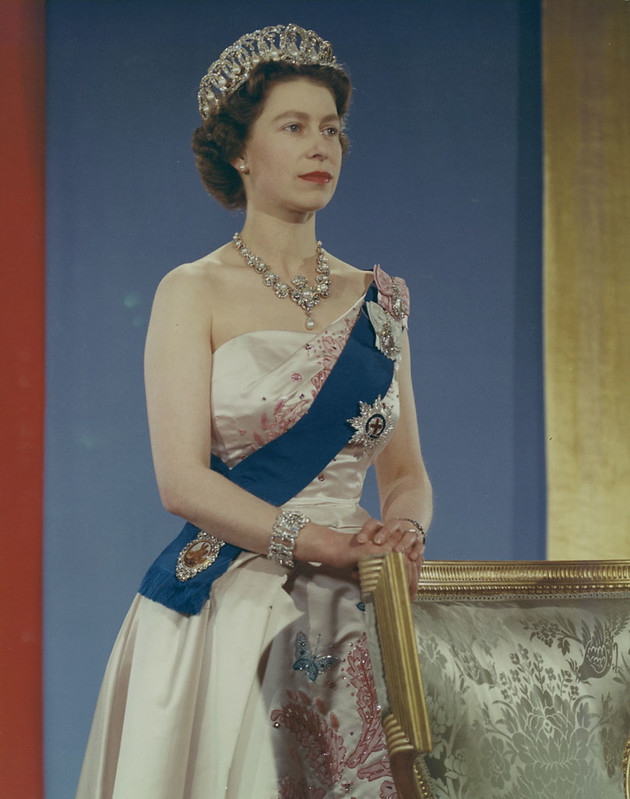Saudi Arabia has had a significant historic impact as a former hub of commerce, as it was halfway between Mesopotamia and the Nile River Valley, two major centres of civilization. Caravan routes became commerce arteries that made life possible on the sparsely populated peninsula, and trade was essential to the region’s growth.

Arabian horses have historically been transported throughout the globe through trade and war. Nearly every breed of riding horse in existence today traces ancestry from the Arabian horse. It is distinguished by elegant movement, athletic endurance, and the ability to flourish in hot and dry climates.

Ali al-Ghabban, vice-chairman, Department of Museums and Antiquities, said at a news conference: “Horses were domesticated in the Arabian Peninsula for the first time more than 9,000 years ago, though previous studies estimated the domestication of horses in Central Asia dating back to 5,000 years.”

The Arabian horse has a unique head form and a high tail carriage. It is one of the oldest breeds with 9000-year-old archaeological finds in the Middle East. Paleogenomic data suggests that ancient Persian lineages played a role in the early evolution of contemporary European horse breeds. The Bedouin tribes revered these horses as cultural icons, as a source of income, and as military assets. Dr Prabhu Ganesan, Equine Veterinarian at RASES, Saudi Arabia, says: “Horses have played an important role in Saudi history, notably during the reign of the Kingdom’s founder, King Abdulaziz. The monarch cared about thoroughbred horses and was eager to teach his children how to ride. The Kingdom’s successive monarchs all had a penchant for horses.” The Arabian breed is still the most common in the world today despite being eclipsed in numerical numbers by the American Quarter Horse, with pedigree registers in at least 82 nations.

Today, Arabian horses are found everywhere. They are categorized by the country of origin of famous horses in a specific lineage rather than by the Bedouin strain. The terms “Polish”, “Spanish”, “Crabbet”, “Russian”, “Egyptian” and “Domestic” is used to describe common varieties of Arabian horses. A particular combination of Crabbet, Maynesboro, and Kellogg bloodlines has been given the copyrighted abbreviation “CMK” in the US.
Monarchs or members of the military elite had acquired great fondness for Arabian horses. There are tales of Caliphs, Sultans, Amirs, and occasionally civilian dignitaries displaying their admiration for purebred Arabian horses, which were ranked at the top of the equine hierarchy. The Mamluk Sultan al-Nir Muhammad was rumoured to have spent up to 100,000 dinars on a single mare because of his love of Arabian horses.
Horse healthcare
Horses vary from other animals as their digestive tract is particularly susceptible and can be upset by little changes in nutrition, feeding schedule, exercise, water, and many other elements regulated in the stable. When asked about cloning in Arabian horses, Dr Ganesan says: “There is no cloning, only embryo transfer and artificial insemination in Arabian horses. Natural services are used for thoroughbred horses.”
Every country should prioritize horse health and upgrade its technology with the most advanced healthcare system since equine healthcare is just as vital as any other healthcare system.





